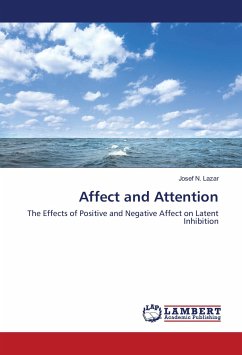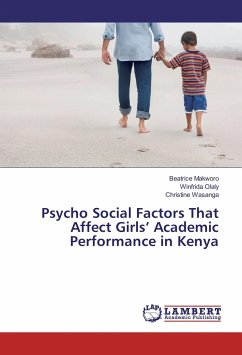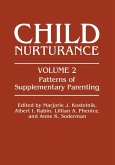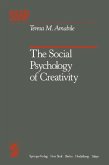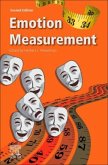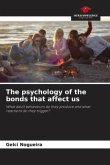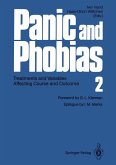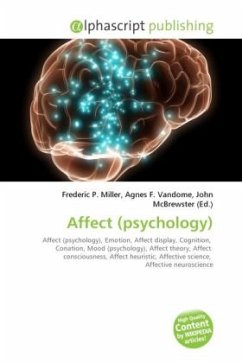Latent inhibition (LI) is defined as slower learning to a previously irrelevant stimulus than to a novel one (Lubow, 1989).Since LI is related to psychological states such as schizophrenia, ADHD, and anxiety, all of which have a major affect component, the aim of the present study was to directly examine the relation between LI and induced and in situ affect. LI was obtained for low-depressed as compared to high-depressed subjects in the positive affect condition, and significant facilitation was obtained for high-depressed subjects in the negative affect condition as compared to neutral condition. Due to comorbidity between anxiety and depression, the fourth experiment was conducted in order to find out whether depression or anxiety was a better predictor of LI. Depression score was found to be the better predictor. The present results should inspire additional empirical work on the interactions between latent inhibition and emotional state and thereby may suggest the involvement of PFC in LI.
Bitte wählen Sie Ihr Anliegen aus.
Rechnungen
Retourenschein anfordern
Bestellstatus
Storno

